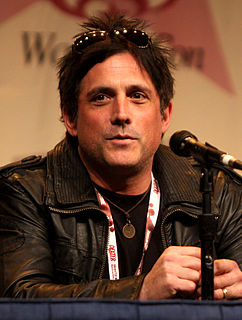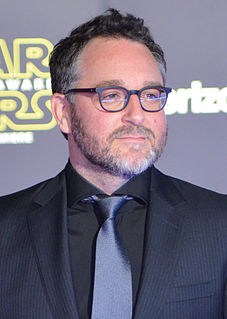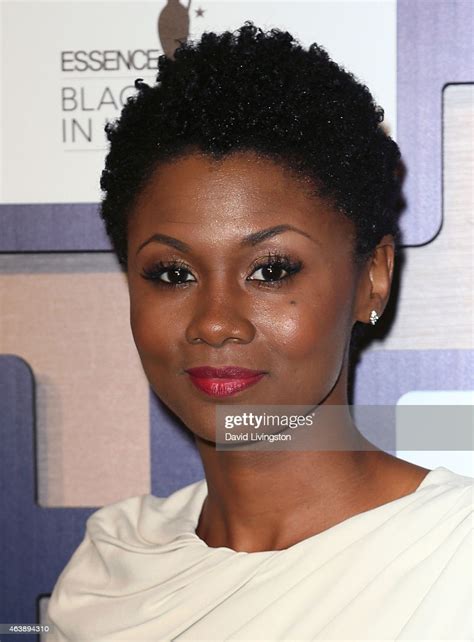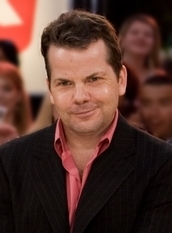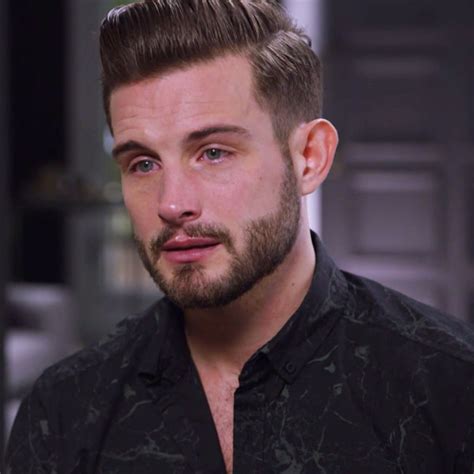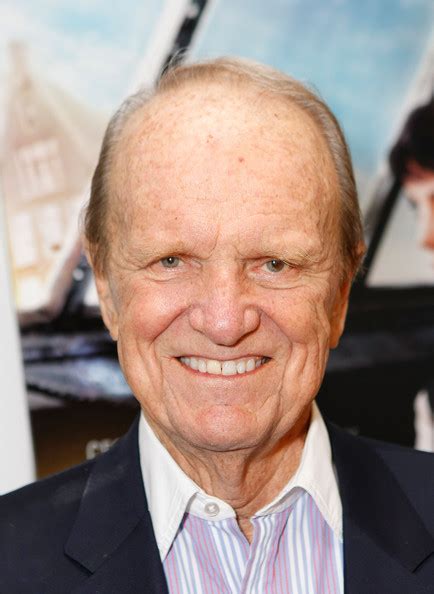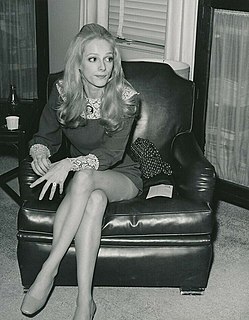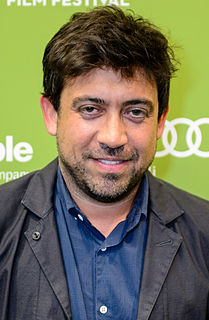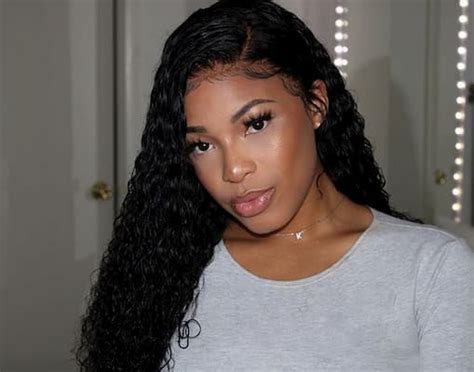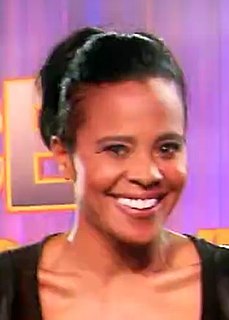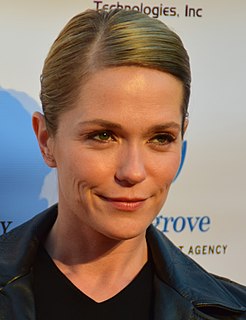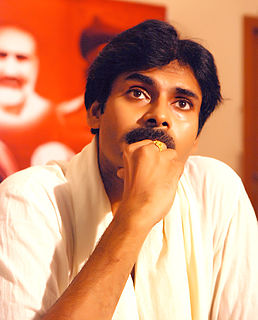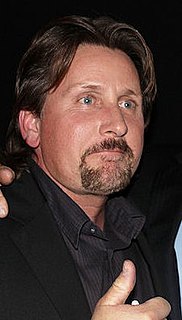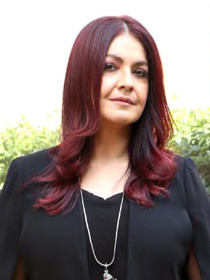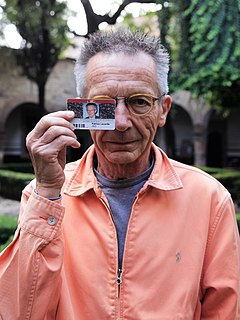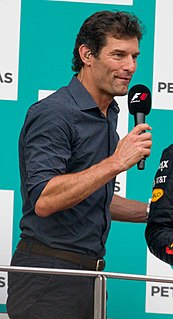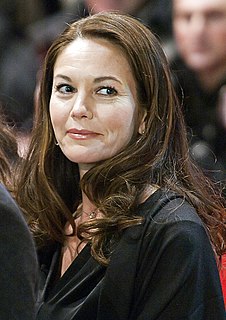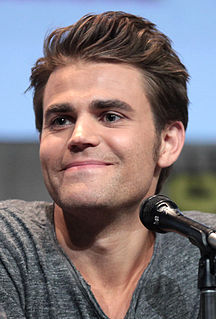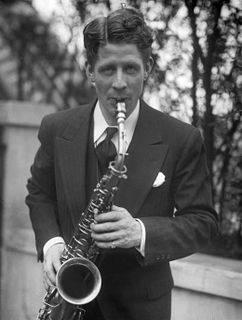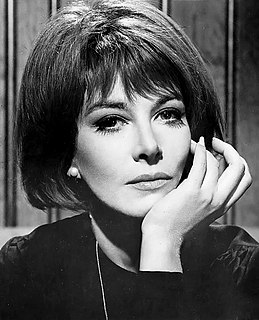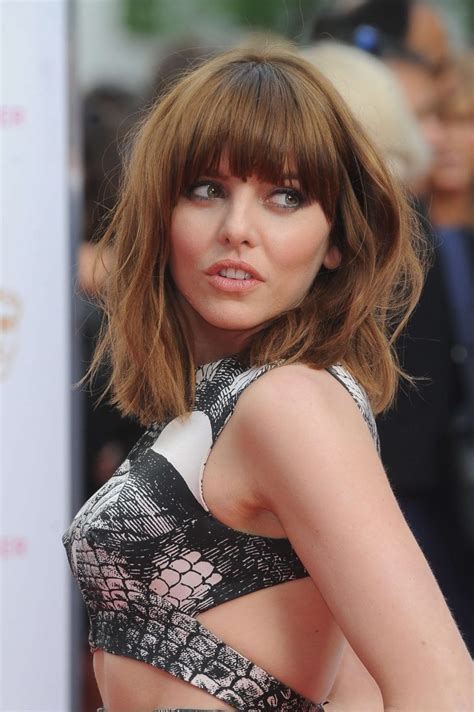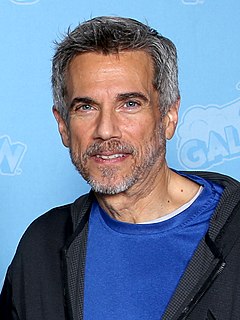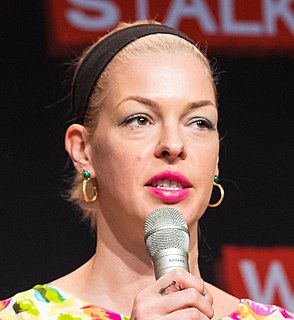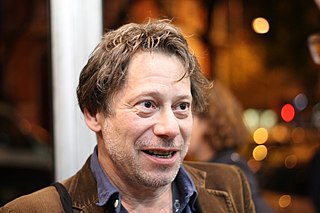Top 1200 Directing Film Quotes & Sayings - Page 3
Explore popular Directing Film quotes.
Last updated on November 17, 2024.
After directing awhile, you get an instinct about it, but you have to be able to trust your own feelings. Invariably, two-thirds of the way through a film, you say, "Jeezus, is this a pile of crap! What did I ever see in it in the first place?" You have to shut off your brain and forge ahead, because by that time you're getting so brainwashed. Once I commit myself to a film I commit myself to that ending, whatever the motivations and conclusions are.
I did a good bit of episodic television directing, but directing a movie is so much more complicated. And there's so much more responsibility because the medium is very much a director's medium. Television is much more of a producer's writer's medium so a lot of the time when you're directing a television show they have a color palette on set or a visual style and dynamic that's already been predetermined and you just kind of have to follow the rules.
As a director, I have to feel realism from actors, and they can't be plastic. The words for me are secondary, but the chemistry between the actors is most important. However, you have to go by the script because it's related to production, otherwise you will not finish your project. My background are acting, film production, directing, and I studied them for many years. Keep in mind that you need many other skills when you are starting any film project related to real life.
Choreography is amazing. I'm still a dancer, yet I transitioned into choreography then as a Creative Director. All of these creative elements are brought out of being a dancer. Directing is something that comes out of understanding movement and choreography. Directing movement is directing a dance piece.
Well, actors get very frustrated with giving control to other people. They have their own ideas and wants for their characters. Warren Beatty once told me that he thought actors ended up directing out of frustration. If you have a strong sense of how to communicate a film, you should direct. The problem is that it is a huge commitment. I'd rather direct a play than a film due to the time. A movie can tie you up for a year or more.
I was making commercials. That's how I learned the craft. That was the marketing part of it: directing commercial for TV. It wasn't the most common thing to become a filmmaker in Greece. I started by saying I was interested in marketing and have a proper job in advertising and commercials. Basically, I studied film to learn how to do marketing, and commercials. As I studied film I learned I'd be interested in making films instead of commercials.
I feel that the thing about film and particularly about TV, actually, is it's being created now. We're living in the best time so far because there are many more women writing and women directing, women producing, and people are finally catching on to the fact that women want to go and buy tickets to see female characters and more than one in a film. So I actually think it's a very fertile time to be a woman over 40.
